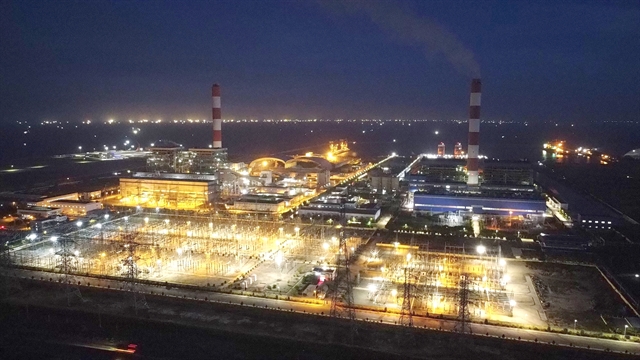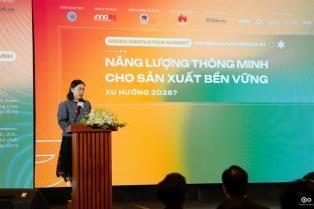The finance ministry proposed certain coal power plants implemented under build-operate-transfer (BOT) practice and Government s Guaranty and Undertaking (GGU) to be exempted from the 15 per cent global minimum tax

HÀ NỘI — Việt Nam is weighing a global minimum tax exemption for several Government-guaranteed coal-fired power projects, a move that could forgo hundreds of millions of dollars in revenue but help the country avoid compensation claims and maintain investor confidence.
The proposal is set out in the draft resolution amending the National Assembly’s Resolution No 107/2023/QH15 on the implementation of the global minimum tax, which the Ministry of Finance has submitted for legal appraisal.
Accordingly, the ministry proposed that certain coal power plants implemented under the build-operate-transfer (BOT) practice and Government Guaranty and Undertaking (GGU) be exempted from the 15 per cent global minimum tax under the OECD’s Base Erosion and Profit Shifting framework.
This is aimed at maintaining the stability of the investment environment and avoiding compensation claims, the ministry said.
The ministry’s report showed that there are seven BOT coal power projects that could be subject to additional tax under the global minimum tax regime.
These projects all involve multinational investors with around 75-80 per cent of their capital sourced from international lenders.
Initial assessments estimated that six of the seven projects could face a combined top-up tax liability of up to US$425.83 million.
Specifically, Mông Dương 2 will face a top-up tax of $14.4 million by 2040, Vĩnh Tân 1 $65 million by 2043, Nghi Sơn 2 $189.53 million by 2047, Vân Phong $10 million by 2049, Vũng Áng 2 $52.9 million between 2033 and 2040, and Hải Dương $94 million. The financial impact of Duyên Hải 2 has not yet been assessed.
The finance ministry warned that enforcing the global minimum tax could trigger larger compensation payouts under so-called 'adverse change in law' clauses in BOT contracts. Two mitigation options are being discussed, including raising electricity tariffs and extending project lifespans, but the former could fuel inflation and threaten economic stability while the latter could conflict with Việt Nam’s climate commitments.
Thus, the ministry proposed the top-up tax rate at zero for eligible BOT coal power projects and the Government be allowed to grant further exemptions in future.
The proposal is seen as a strong signal to key foreign energy investors, including Mitsubishi, Marubeni, Sumitomo, Kepco, AES and China Southern Power Grid, who are operating major thermal power plants in Việt Nam.
The ministry said that as global minimum tax policy remains an emerging and complex issue with many countries yet to complete their domestic legislation, Việt Nam must have a flexible mechanism to address potential impacts and maintain investor confidence.
Experts say the move reflects Việt Nam’s attempt to balance fiscal revenue with investment appeal.
Việt Nam was among the first countries to implement the global minimum tax in 2024, aiming to collect an estimated $600 million annually. Exempting BOT projects with state guarantees is seen as a strategic effort to avoid ripple effects on electricity prices and energy security.
The draft resolution is under public consultation and expected to be presented to the National Assembly during its October 2025 session. If approved, exemptions would take immediate effect for qualified projects, potentially preventing larger compensation liabilities while preserving investor trust and energy stability. — VNS





